Talk Overview
In her first talk, Dr. Helen Piwnica-Worms provides a historical perspective on cell cycle regulation and outlines important experiments in frogs, clams, and yeast that revealed crucial mediators of the cell cycle. Scientists observed that there were factors that allowed cell cycle progression, while there were other factors that prevented the cell from going backward. Using these model organisms, scientists were able to characterize the activation of the inducer of mitosis, the M-Phase promoting factor, which is a heterodimer between cyclin-dependent kinase (Cdc2/Cdk1) and cyclin B.
In her second talk, Piwnica-Worms explains how scientists have used their understanding of the cell cycle regulation to generate targeted cancer therapies. The cell has proteins that serve as cell cycle checkpoints, which allows the cell to respond appropriately to DNA damage. Although not all of the checkpoints are functional in a cancer cell, these cells still need the checkpoint proteins to respond to DNA damage. Piwnica-Worms’ laboratory studies the use of combining DNA damage agents with checkpoint inhibitors to selectively kill cancer cells. Her laboratory developed a patient-derived xenograft mouse model to study Triple Negative Breast Cancer (TNBC), and predict how the genotype of the tumor affects treatment.
Speaker Bio
Helen Piwnica-Worms
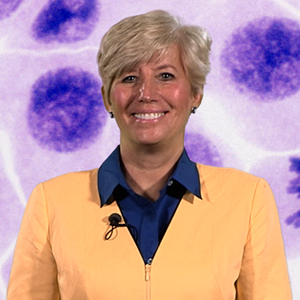
Dr. Helen Piwnica-Worms is professor of experimental radiation oncology at the University of Texas MD Anderson Cancer Center. She completed her bachelor’s degree in Biology at St. Olaf College in 1979, a doctoral degree in microbiology and immunology at Duke University Medical School in 1984, and a postdoctoral fellowship in pathology at the Dana-Farber Cancer… Continue Reading
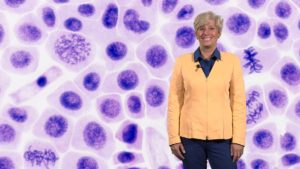
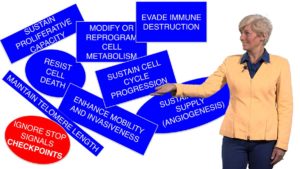
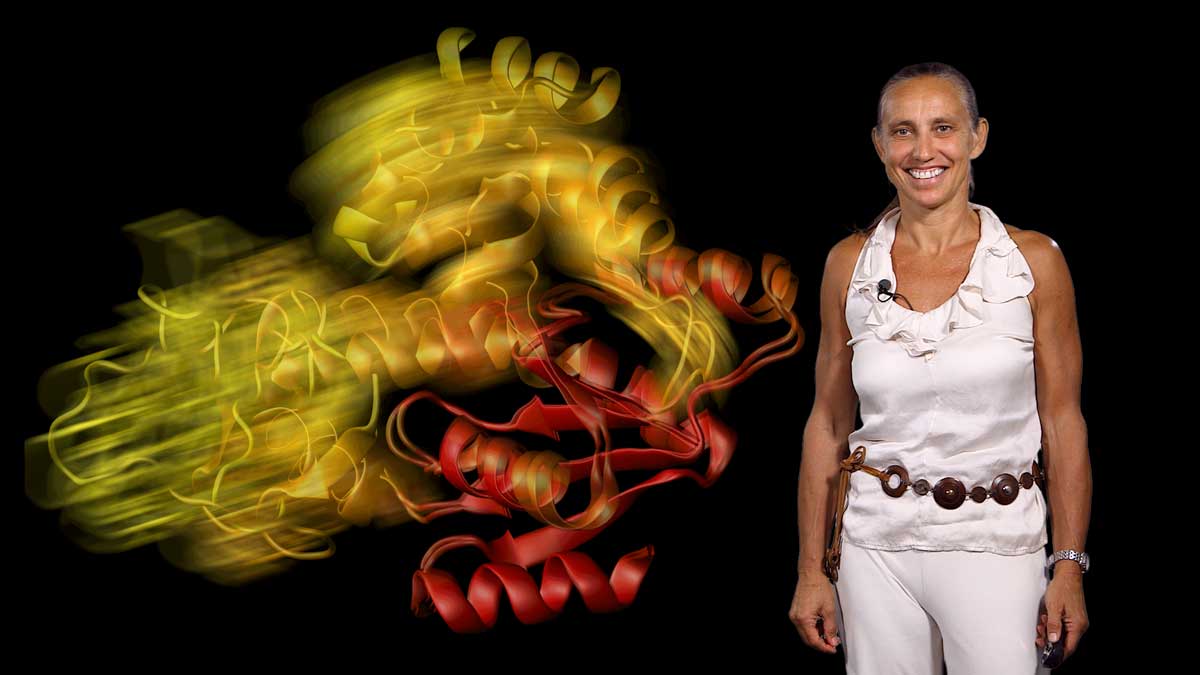
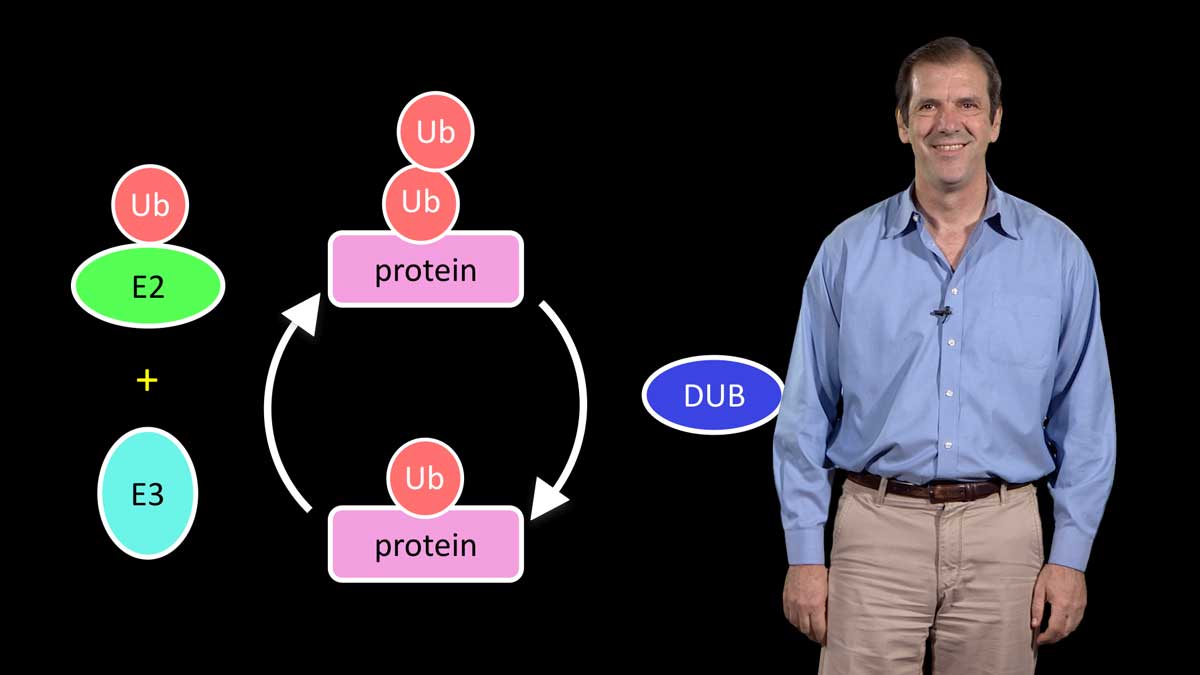
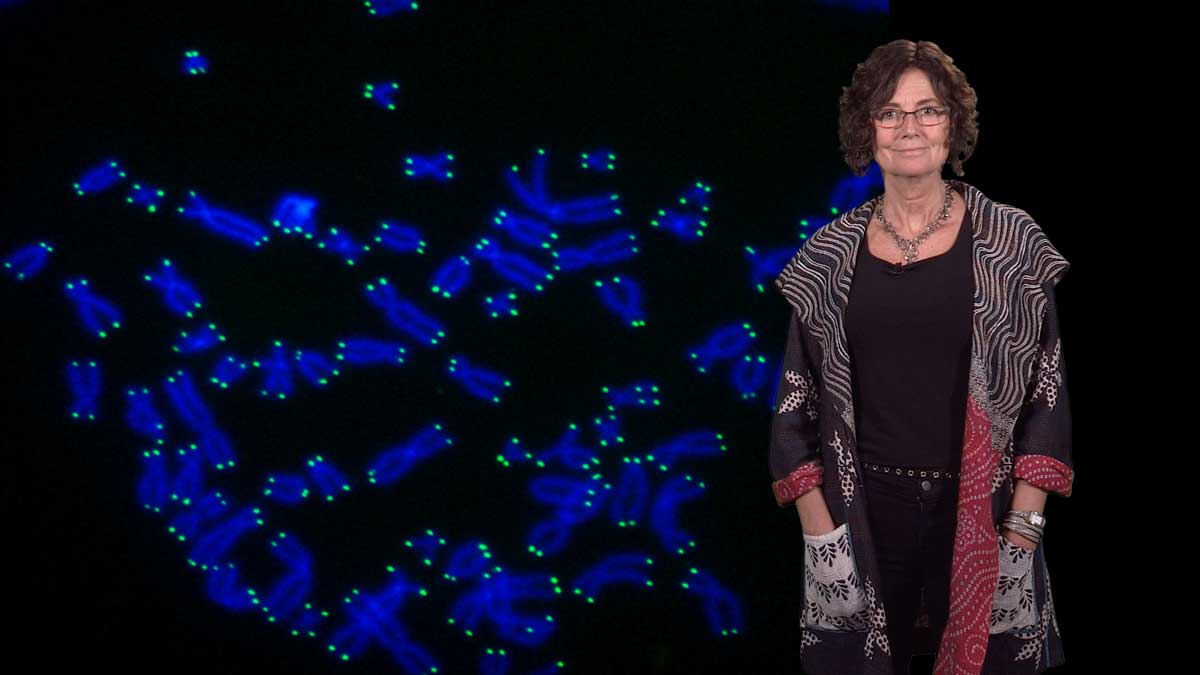
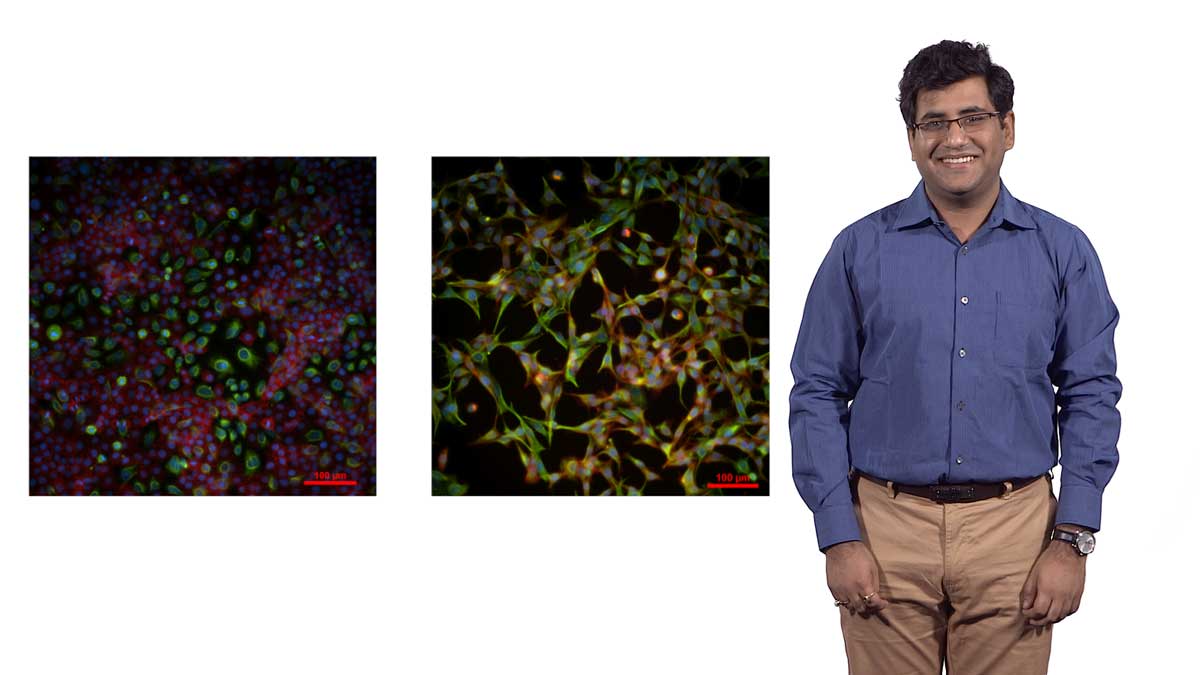





Leave a Reply